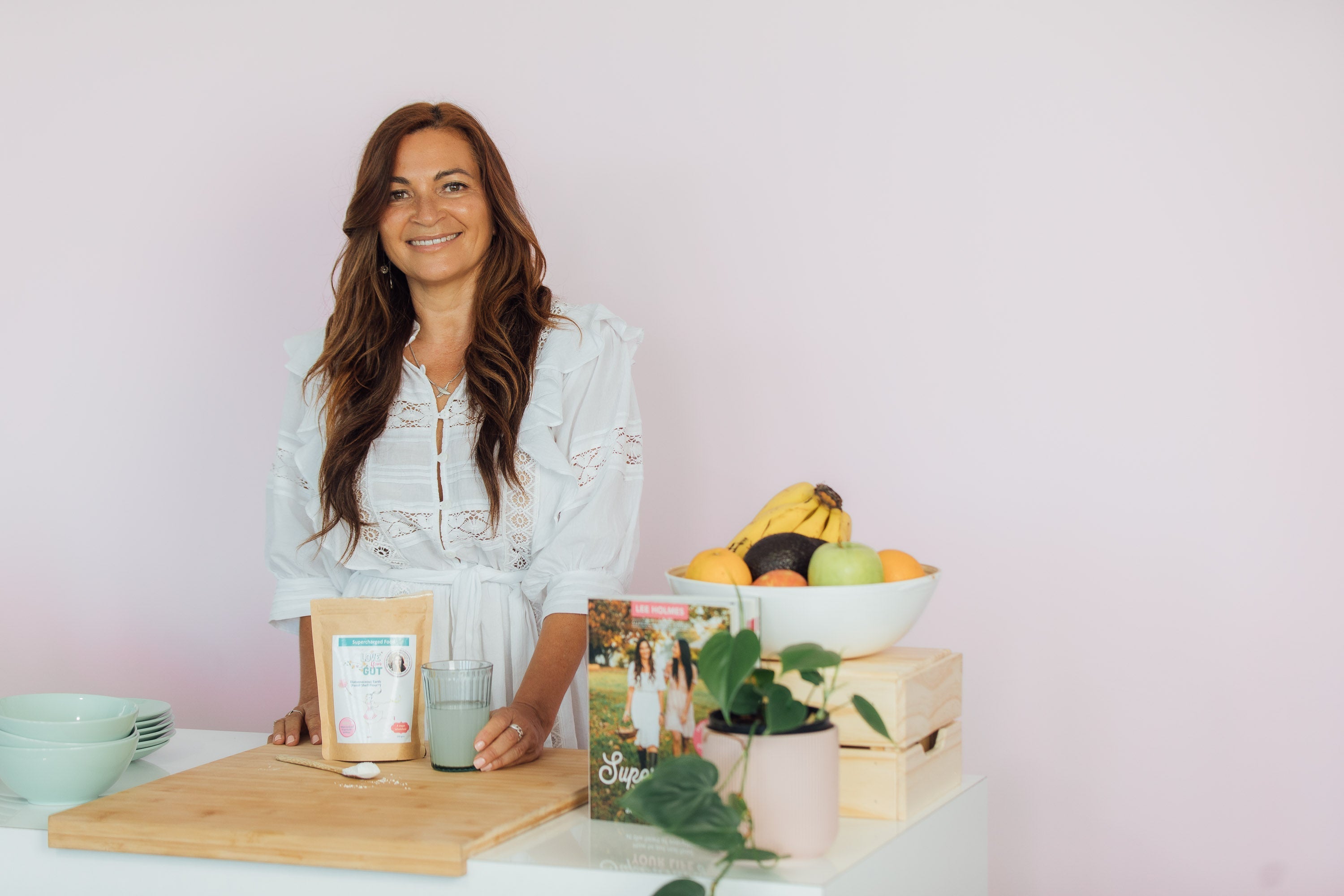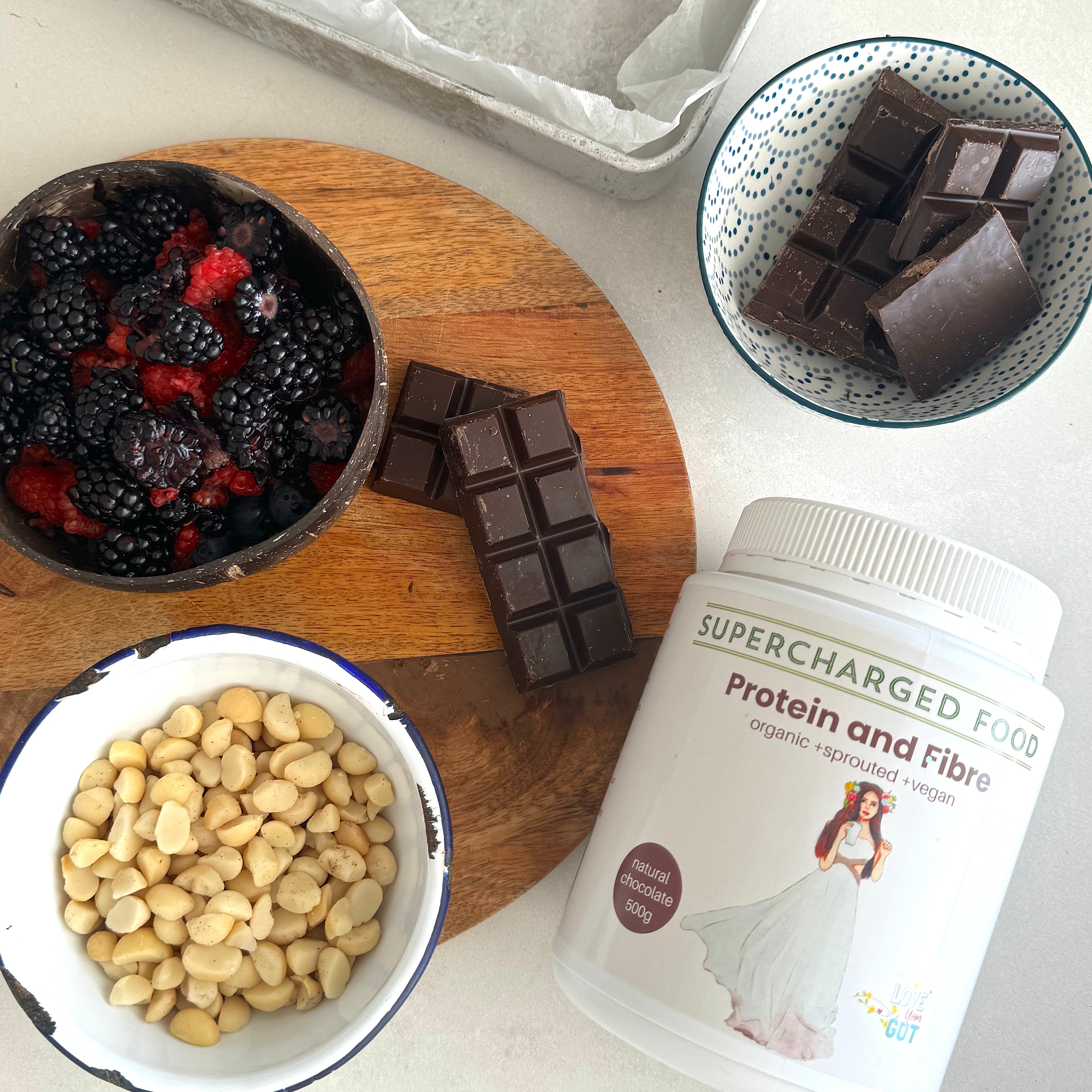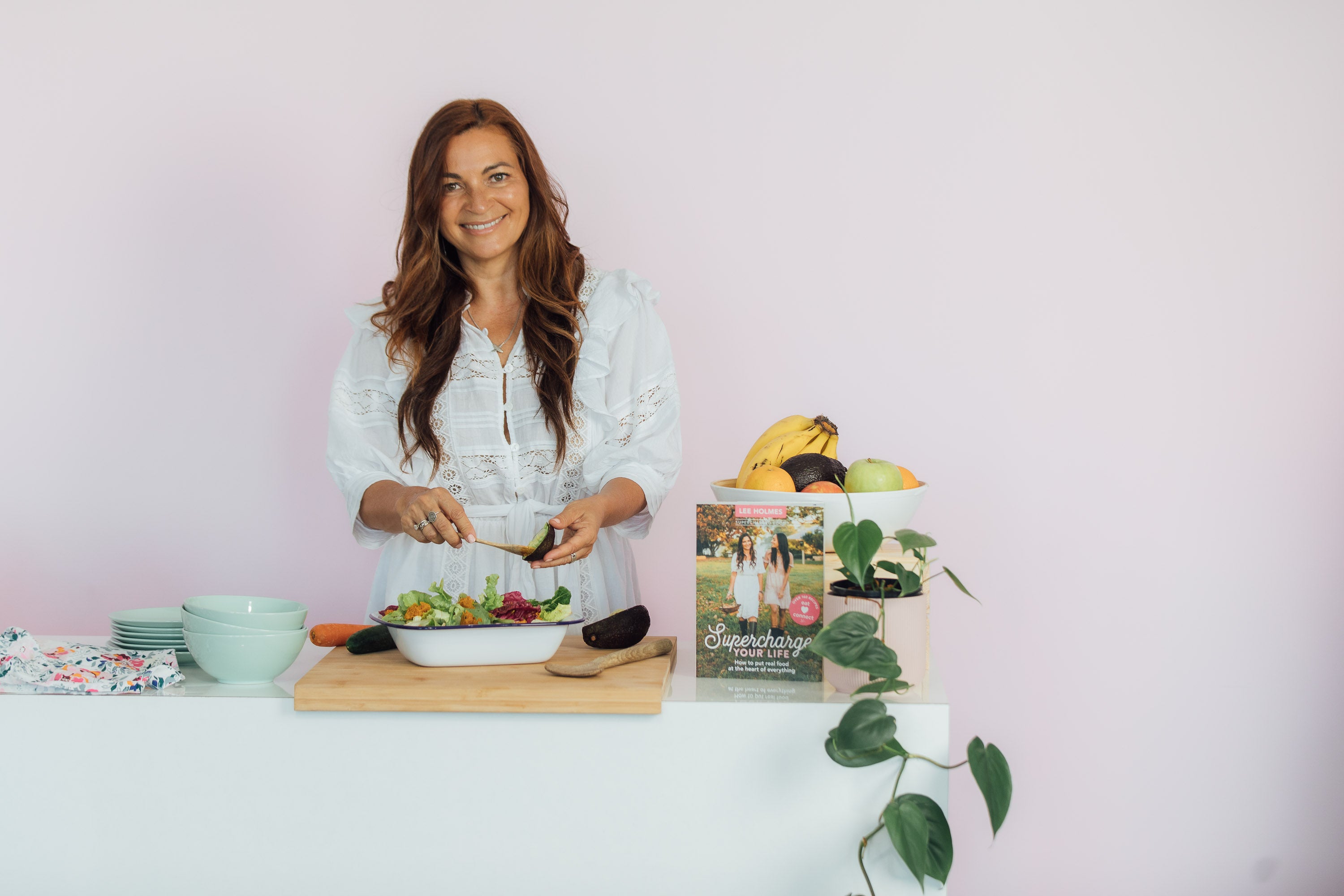If so, you’re not alone.
More and more people are eating gluten-free diets. While avoiding gluten like the plague isn’t the key to longevity, a slim waist or a stress-free life, for some people, it can be beneficial and even necessary, like in people with coeliac disease.
But I’m getting ahead of myself – let’s get back to basics.
What is Gluten?
Gluten is made up of two proteins – gliadin and glutenin.
You’ll find gluten in:
· Wheat
· Barley
· Oats
· Rye
· Spelt
· Kamut
· Triticale
What is Coeliac Disease?
Coeliac disease is a chronic autoimmune intestinal disease induced by the gluten protein that causes damage to the intestinal wall, activating a specific immune response.1 This causes inflammation within the gastrointestinal tract and changes to the small intestinal structure, flattening the finger-like projections that line the surface. This process can impair digestion, reduce the ability to absorb nutrients and cause a whole host of symptoms.
What are the Symptoms of Coeliac Disease?
· Abdominal cramping
· Abdominal pain
· Anaemia
· Bloating
· Bone pain and stiffness
· Constipation
· Diarrhoea
· Easy bruising
· Failure to thrive in children
· Fatigue
· Flatulence
· Irritability
· Itchy skin
· Joint pain and stiffness
· Nausea
· Nutrient deficiencies
· Recurring mouth ulcers
· Weight gain
· Weight loss
When Should You Receive Testing for Coeliac Disease?
Ask yourself the following questions to see if you should test for coeliac disease:
· Did you experience an early onset of osteoporosis?
· Do you have unexplained infertility?
· Do you have a family history of coeliac disease?
· Do you have liver disease?
· Do you have an autoimmune disease such as type 1 diabetes or a thyroid condition?
If you answered yes to any of the above and experienced the listed symptoms, I recommend testing for coeliac disease.
Hang on, is it Something Else?
Another condition can present similarly to Coeliac Disease, called Non-Coeliac Gluten Sensitivity (NCGS).NCGS is a condition where the ingestion of gluten or wheat triggers intestinal and extra-intestinal symptoms, but not in the same way as coeliac disease. Symptoms of NCGS can include tiredness, headaches, joint pain and skin rashes.2
What Causes Coeliac Disease?
Coeliac disease can develop at any age and affects people of all genders. While the jury’s still out on the cause of coeliac disease, several factors are associated with the development of coeliac disease.
1. Genetic Predisposition:
There are specific genes that increase susceptibility to coeliac disease. While approximately half of the population carry one of these genes, only 1 in 40 people will have coeliac disease.4 This statistic alone suggests that other factors contribute to the development of coeliac disease.
2. Family History:
Coeliac disease runs in families. If you have a parent or sibling with coeliac disease, your risk of developing the condition is a lot higher than those who don’t have a family history of coeliac disease.
3. Environmental Factors:
Environmental factors play a significant role in triggering coeliac disease in infants and children who carry the genes - this can include gastrointestinal infection or childhood diet.
4. Leaky Gut:
In a healthy intestine, epithelial cells form a tight junction that creates an impenetrable barrier that stops undigested foods, toxins and pathogens from entering the bloodstream. Gliadin peptides can cause tight junctions to fall apart and allow other molecules to pass through, which is what happens in leaky gut. You can learn all about leaky gut here (insert link to leaky gut). Once gliadin is in the body, it initiates inflammation and produces chemicals and antibodies that attack the intestine. An inflamed intestine is less able to form the impenetrable barrier, and a leaky gut allows more inflammatory peptides in, starting a destructive cycle.3
Other Health Conditions
There are many other health conditions associated with an increased risk of developing coeliac disease.
These include:
· Neurological diseases
· Thyroid Disease
· Type 1 Diabetes
· Ulcerative Colitis
How Do You Diagnose Coeliac Disease?
Several diagnostic tests are usually carried out that confirm the diagnosis.
1. Blood Test
The most straightforward testing for coeliac disease is a blood test (that is, depending on your relationship with needles and blood). An IgA test measures the level of IgA produced after gluten consumption.5
IgA tests are also used to monitor the progression of coeliac disease.
2. Biopsy
The diagnosis of coeliac disease won’t be confirmed by a blood test alone. A significant level of positive coeliac blood test results may be false, which is why a biopsy can verify or rule out coeliac disease. A small bowel biopsy involves a gastroscopy procedure. After eating a specific amount of gluten, a thin, flexible tube is inserted into the mouth and the first part of the small bowel.5 Here, a gastroenterologist will collect several tiny bowel samples, and a pathologist will examine if the gluten caused damage. A biopsy will typically confirm coeliac disease diagnosis.
3. Genetic Testing
If the blood or small bowel biopsy results aren’t clear, genetic testing may occur. Genetic tests confirm if there is a predisposition to coeliac disease so, a negative genetic test may rule out coeliac disease, but a positive test doesn’t automatically diagnose the condition.4
What Are the Long-Term Consequences of Untreated Coeliac Disease?
The long-term consequences of untreated coeliac disease are chronic systemic inflammation, poor nutrition and malabsorption of nutrients.
For example, over time, if you’re not absorbing iron, you can experience anaemia. Other consequences include itchy skin, dental spots, infertility and neurological conditions.
Where to Start?
Unfortunately, coeliac disease can’t be cured, but it can be managed with a lifelong gluten-free diet. Maintaining a gluten-free diet involves learning new skills, including reading food labels. Luckily, in Australia, food labels indicate whether something doesn’t contain gluten, may contain traces of gluten or contains glutens.
So, step one is removing gluten-containing foods.
The following foods contain gluten:
· Barley
· Barley malt
· Beer
· Bread containing gluten
· Couscous
· Crackers
· Crispbreads
· Durum wheat
· Kamut
· Oats that are processed with wheat
· Pasta
· Rye
· Semolina
· Spelt
It’s Time to Play Hide and Seek with Your Pantry!
Look out for gluten hiding in the following:
· Baking powder
· Canned soup
· Confectionary
· Crumbed, battered and deep-fried food
· Dressings
· Flavoured milk
· Gravies
· Hot chips
· Hot chips
· Hot chocolate
· Icing sugar
· Processed meat
· Sauces
· Sausages
· Soy sauce
· Stock cubes
· Yeast extract spreads
I know what you’re thinking: if you can’t eat gluten, what can you eat?
Gluten-Free Grains:
Say hello to gluten-free grains – your new best friend.
These include:
· Amaranth
· Buckwheat – I’ve got a delicious gluten-free buckwheat dessert here
· Corn
· Millet
· Quinoa – check out my Mushroom, Broccoli and Sunflower Seed Pilaf here
· Rice
· Sorghum
Other Foods to Enjoy:
All vegetables and fruit are gluten-free and should be enjoyed in abundance!
Plus, you can enjoy chicken, fish, eggs and meat, and fats such as avocado, olive oil, nuts and tahini.
Fulvic Humic Acid, which has its roots in traditional medicine, is grounded in science. It delivers over seventy trace minerals and improves the absorption of crucial nutrients by supporting the integrity of the gut lining and replenishing the gut microbiota. My favourite fulvic humic acid? Fulvic Humic Concentrate are flavourless liquid drops that are helpful for people with food sensitivities, coeliac, bloating, constipation, flatulence and diarrhoea.
Please remember that Coeliac disease isn’t something you can self-diagnose, and you don’t need to manage it on your own. As always, I recommend working with your healthcare practitioner to find a solution that works for you.
References:
1Biesiekierski, J. R., & Iven, J. (2015). Non-coeliac gluten sensitivity: piecing the puzzle together. United European gastroenterology journal, 3(2), 160–165. https://doi.org/10.1177/2050640615578388
2Carroccio A, Mansueto P, Iacono G, et al (2012). Non-Celiac Wheat Sensitivity Diagnosed by Double-Blind Placebo-Controlled Challenge: Exploring a New Clinical Entity. Am J Gastroenterol; 107: 1898–1906
3Sapone A, Lammers KM, Casolaro V, et al. Divergence of gut permeability and mucosal immune gene expression in two gluten-associated conditions: Celiac disease and gluten sensitivity. BMC Medicine 2011; 9: 23–23
4Coeliac Disease (2021). Coeliac Australia.
5 Hopper A D, Cross S S, Hurlstone D P, McAlindon M E, Lobo A J, Hadjivassiliou M et al. Pre-endoscopy serological testing for coeliac disease: evaluation of a clinical decision tool BMJ 2007; 334 :729 doi:10.1136/bmj.39133.668681.BE







1 comment
I’m very familiar with what you’re saying it took over 50yers of my life and 5blood tests + 1 genetically blood test to finnelly finde mine only after got determined to have biopsy I have the genetically coeliac I’m know suffering other conditions caused by it not being found earlier Gina
Leave a comment